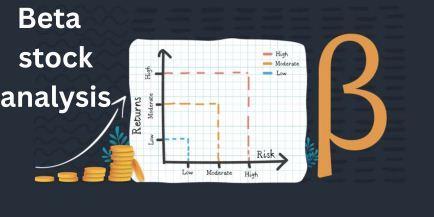How to Spot Emerging Market Trends Before Everyone Else
Introduction to Spotting Emerging Market Trends In the fast-paced world of investing and business, identifying emerging market trends before everyone else can be a game-changer. Spotting these trends early can give you a significant edge over competitors, allowing you to ride the wave of growth and avoid overcrowded, saturated markets. Whether you’re an investor, entrepreneur, … Read more










